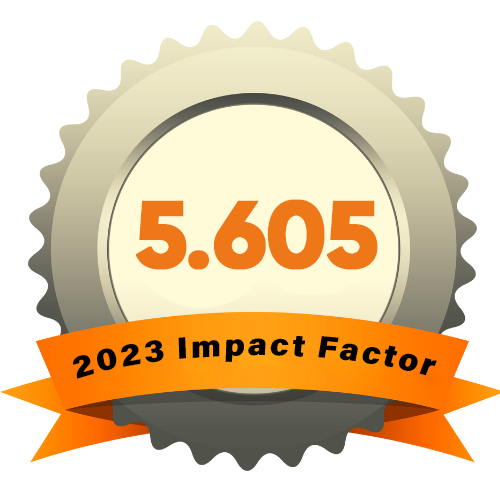GROUP WORKING AS AN IMPORTANT MEANS IN TEACHING A FOREIGN LANGUAGE
Keywords:
language functions, method, group work, benefits of group work, chances of effectiveness, improvements,factors, problems, technique.Abstract
The article gives a brief information about group work and its nature,the importance in teaching a foreign language and the utilizing of it in schools, colleges or higher education. This paper provides detailed suggestions with illustrations, background of previous researches, foundations, results of them and so on.The authors and researchers with all level may use in practical and theoretical researches with the help of data in the article.
References
Cohen, E.(1994). Designing Groupwork (2nd edition). New York: Teacher College Press.
Foster, P. (1998). A Classroom Perspective on the Negotiation of Meaning. Applied Linguistics, 19(1), 1-23, http://doi.org/10.1093/applin/19.1.1.mc
Harmer, J.(1991). The Practice of English Language Teaching. London: Longman.
Long, M. (1983). Native Speaker/non-native speaker conversation and the negotiation of the comprehensible input, Applied Linguistics, 4, 126-41.
McDonough, K. (2004). Learner-Learner Interaction during Pair and Small group activities in Thai EFL context. Urbana: University of Illinois at Urbana-Champaign.
M. M. Juraev. (2022). THE USING OF INTERACTIVE METHODS AT SCHOOL CLASSES AND SOME IDEAS FOR INTERACTIVE TEACHING. Archive of Conferences, 140-141. Retrieved from https://conferencepublication.com/index.php/aoc/article/view/1763
Teshaboyeva,N.Z. Niyatova,M.N. The significant role of literature in teaching and learning process. International Journal of Development and Public Policy, 1(6), 70-72.
Пармонова N. (2022). Teaching speaking through thinking and enriching vocabulary . Zamonaviy Innovatsion Tadqiqotlarning Dolzarb Muammolari Va Rivojlanish Tendensiyalari: Yechimlar Va Istiqbollar, 1(1), 598–601.














